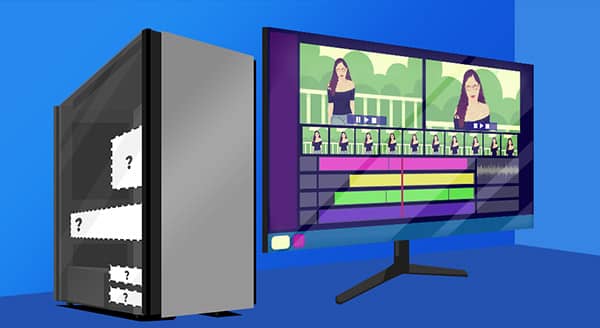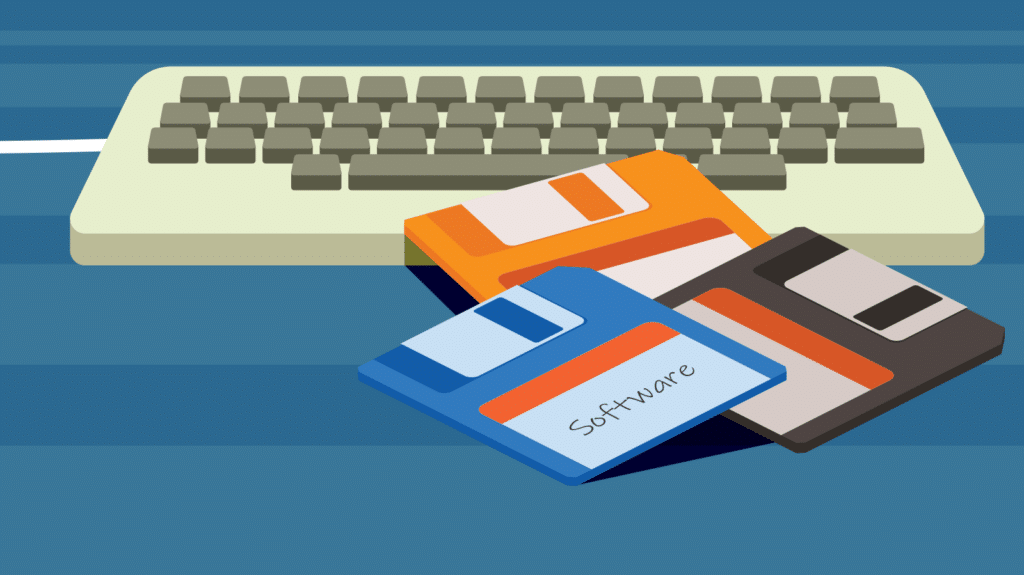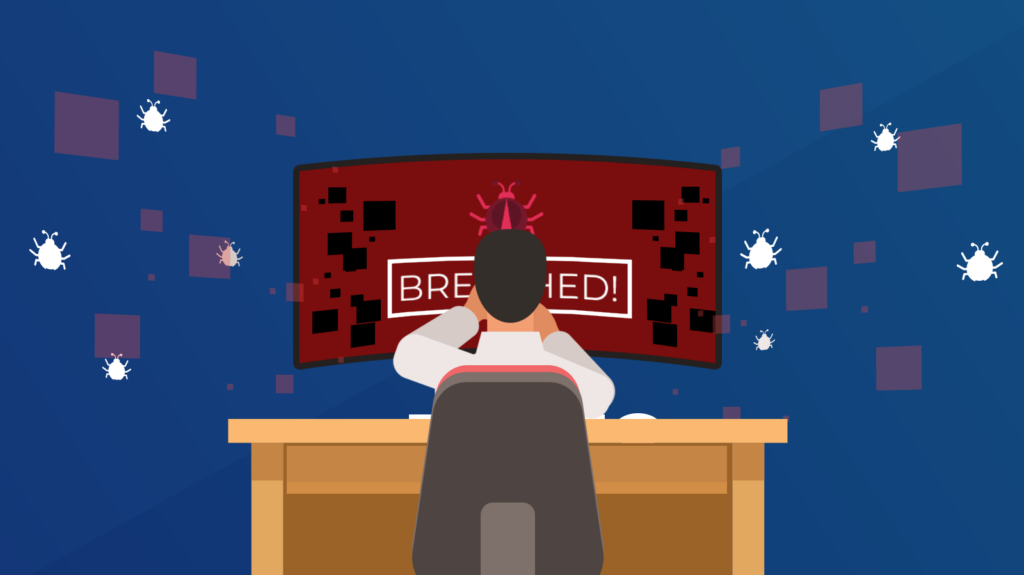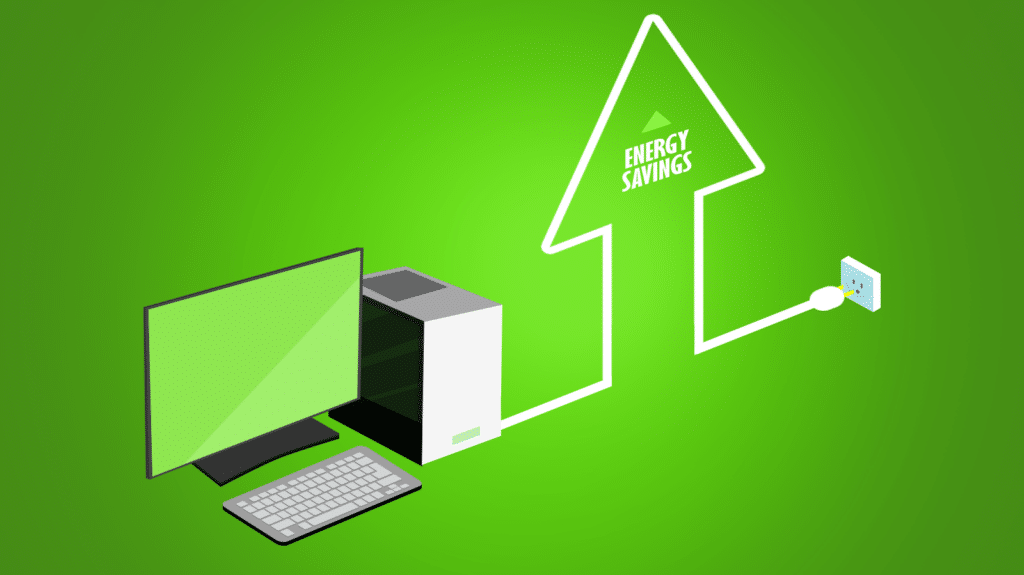
Ready to be the next TikTok breakout? Or perhaps you want a video of your cockatoo “singing” “Amazing Grace” to go viral. Or you may make company promotional videos while working from home. There are many reasons you might be looking for the right home computer to do video editing. This article will help.
Yes, you can make edits on a phone or tablet, but if you want to do your videos justice, invest in the tools to meet the high demands of video editing. Consider processing power, memory, storage space, and graphic cards.
Know your CPU
Whatever your goal with your video editing, you can count on needing a lot of processing power to do the job well. Essentially, you want to get the best computer processing unit (CPU) you can afford.
Some video editing software makes use of multiple cores. You might think of this as one person with many arms to complete tasks. Meanwhile, single-core video software has one arm. If you’ve only got that one arm, it’s best to make it as strong as possible, which requires the highest processing speed you can get.
Adding titles, visual effects, and sound effects require more of your processor. It needs to compile, encode, and compress all your efforts into the final video cut. So, CPU performance matters.
Make memories with RAM
You may be wanting to edit only home videos to share with friends and family. Whether it’s that or you’re creating commercial quality videos, consider memory (RAM).
Think of RAM as the amount of desk space or elbow room you have to do your tasks. Whether you have one or many arms, you’ll need more room to complete a bigger project.
At a minimum, you should be starting with 16GB if you plan to do any video editing. If you are going to be working with long videos or very large files, you should consider 32GB or even 64GB.
Storage savvy
Storage is easily overlooked but very important to video editing.
A solid-state drive (SSD) is essential for video editing. Old “spinner” drives work a bit like a record player. The “needle” needs to physically move to the location where the file is on the platter, which slows things down a lot. SSDs are instantaneous, using flash memory to store data. This makes your work go a lot faster.
The downside? SSDs don’t have as much storage space as old spinners. Generally, we recommend an SSD for working on the video files, and then moving the file to an old, large storage spinner for storage.
Give a graphics card a look
A graphics card is not required but can be useful when editing video. If you’re using beginner- or intermediate-level editing software, you may not need a dedicated graphics card. However, there is a performance gain when you have a good graphics card for video editing. The free DaVinci Resolve and Premiere Pro both do well with AMD and NVIDIA graphics cards.
Build with an expert
The best way to get the right personal computer to meet your particular video editing needs is to work with a PC builder to customize a computer to your specific needs. You can talk about the types of videos you’re editing and the software you use. Our team can optimize a system to suit you and your budget. Call us at (416) 848-6218 or 1 (888) 268-2564 today.





